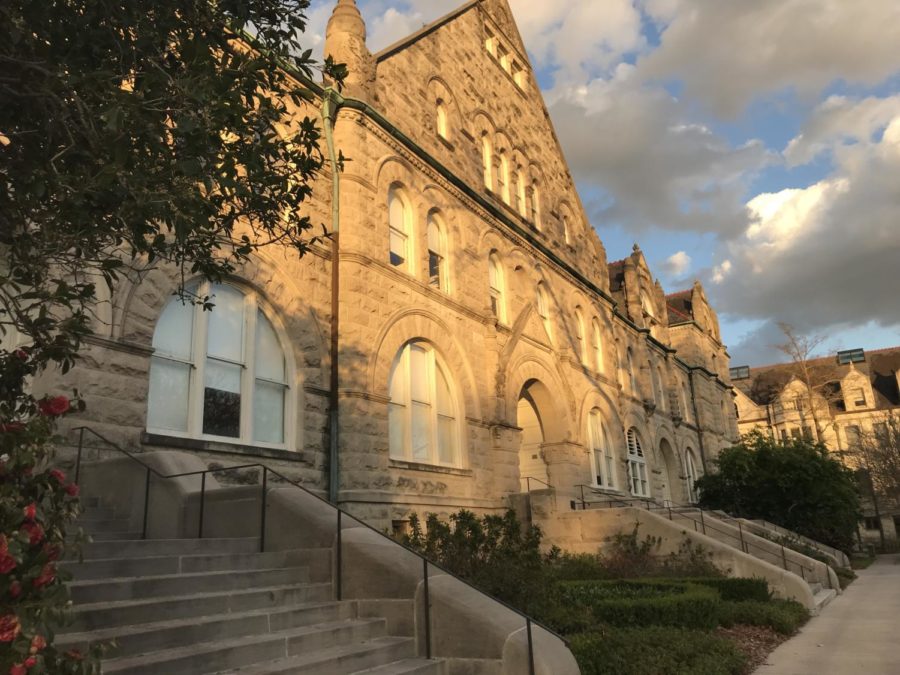Tulane expects $2.27 million grant to counter health care burnout

Health care workers face new and alarming symptoms of burnout and reduced job satisfaction, due in part to chronic workplace stressors like pay, long hours and an increased demand for services.
Tulane University’s School of Social Work is poised to study these stressors, as part of a $2.27 million grant from the U.S. Health Resources and Services Administration.
“This has been a long, ongoing saga in the health care industry, particularly, even prior to the pandemic, and then the pandemic just exacerbated [it],” Tonya Hansel, director of the Tulane School of Social Work’s doctorate program, said.
The School of Social Work will use the money to partner with Access Health Louisiana on Project RETAIN, a program to create self-care strategies for health care workers.
The program’s strategy includes a two-part process: first, using existing evidence on self-care and burnout prevention, and second, finding new evidence to apply to the existing methods.
“This will be a process that unfolds over the three-year grant,” Hansel said.
The project aims to study self-care needs by interviewing and surveying health care workers.
The School of Social Work expects that directly seeking input from health care workers will increase the benefit of the proposed self-care strategies.
Hansel hopes to reduce burnout and improve compassion fatigue — the emotional exhaustion many health care workers feel from the need to empathize with patients every day.
“Service models only work if people are willing to use them, which is why understanding what is feasible and effective is critical to this grant’s mission,” Hansel said. “What we are really trying to do is to get a variety to understand really what’s going to help which type of health care worker.”
Based on the responses they receive, the team will use short-term resilience training to help health care workers.
“Training alone is not prevention,” Hansel said. “Rather we hope the trainings will provide feasible methods that health care providers can implement overtime to reduce burnout.”
The program will look to help health care workers in rural Gulf South communities first. From there, the program will expand across the region and nation in the future.
“This is an issue that’s big in many communities,” Hansel said. “We are using our regional health care employees to gain that information, and then we are hoping to apply it to our national population.”
Though the end-all goal of Project RETAIN is to help address worker retention, on the larger scale, health care workers’ quality of life remains a priority.
“I really want people to have more satisfaction and a better quality of life, and that includes a healthy work/life balance, and finding joy from work and finding joy from helping others,” Hansel said.
Your donation will support the student journalists of Tulane University. Your contribution will allow us to purchase equipment and cover our annual website hosting costs.



Zachary Blackburn • Mar 25, 2022 at 9:33 pm
Great story!